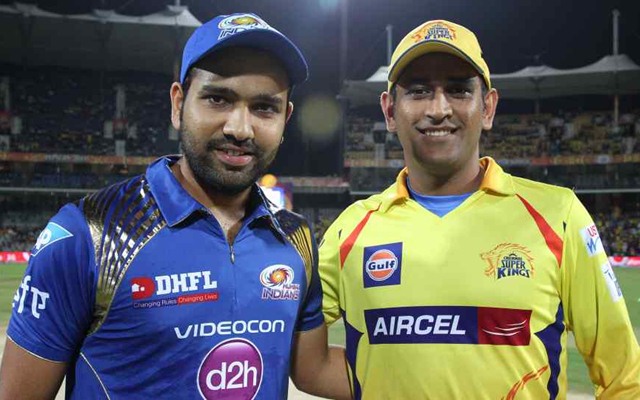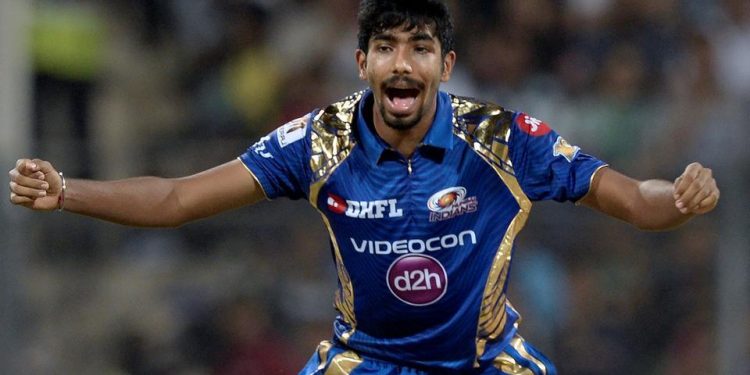Hyderabad: ‘Workload management’ of the World Cup bound India players was paramount for India captain Virat Kohli before the start of the IPL but most of them have ended up playing almost all matches in the cash-rich league.
With still three weeks to go before India start their World Cup campaign in England, the fatigue factor may not be an issue for the two-time champions. However, certainly there will be apprehensions as to how the fast bowling unit holds up.
The Indian skipper had indicated at the start of the tournament that if any of the players feel that they need rest, they should go for it keeping World Cup in mind.
“If I’m able to play 10, 12 or 15 games, it doesn’t necessarily mean that the other guy can only play that many. My body might demand I play a certain number of games and I need to be smart about that and rest,” Kohli had said before the IPL opener.
It was easier said than done in a league where private franchises would demand everything from their star players and it did happen that way.

Skipper Kohli, Rohit Sharma, KL Rahul, Mohammad Shami, Yuzvendra Chahal, Dinesh Karthik, Kedar Jadhav played all their 14 league games. Vijay Shankar and Bhuvneshwar Kumar played 15 games. Shikhar Dhawan along with Ravindra Jadeja, Hardik Pandya and Mahendra Singh Dhoni have played 15 games apiece, while Jasprit Bumrah will have played 16, taking into account Sunday’s final.
The only person, who played less than 10 games is chinaman bowler Kuldeep Yadav, who was dropped by KKR management after nine games due to poor form.
As far as others are concerned, Dhoni missed a couple of games due to a stiff back, Rohit was unfit for one game, Jadeja missed a game while Jadhav was pulled out of the tournament after hurting shoulder in the final league game.
Luckily for India, India’s main players escaped injuries which otherwise are very much a possibility over the course of such a long tournament, as experienced by leading South African pacers Dale Steyn and Kagiso Rabada, who are now racing against time to be fit for the World Cup.
A batsman like Rahul used the IPL to hit top form ahead of World Cup but managing workload is always a bigger concern for the fast bowlers.
While playing all the games do take a toll on your body, the counter argument presented by India vice-captain Rohit ahead of the IPL final also holds weight.
“We spoke at the start of the tournament (on workload management). Like in Jasprit’s case, he is someone who likes to play games to make sure that he is in good rhythm. We spoke at any given stage, if he feels the need to rest, we were open for it,” Rohit said Saturday.
“Anyone who plays the IPL and goes to a big tournament (like the World Cup), I feel it keeps them very much in touch with their game. It is great tournament to hit form in. Hardik is one example. He was injured before the IPL, missed few games as well (for India), now he has done tremendously well for us. You can judge yourself where you are at ahead of a big tournament like the World Cup,” said the Mumbai Indians captain.
Talking about how the international players looked after their bodies during the league, KXIP physio Brett Harrop and Delhi Capitals scouting head Pravin Amre said the cricketers managed their workload like thorough professionals. In Delhi Capitals’ case, Dhawan and Rishabh Pant were in the World Cup scheme of things but in the end, only the veteran opener made the cut.
“The players (Indians and even foreigners) are thorough professionals. They know the importance of a World Cup. They took couple of days off whenever there was a window. They were wary of their niggles and made sure it did not lead to an injury. That precaution was always taken,” said Amre, who played the 1992 World Cup.
“Our team surely wanted to win but not at the cost of risking players’ participation in the World Cup. There is also a two week break before the World Cup and I feel it is enough time to recharge your batteries,” said Amre.
In case of Rahul and Shami, the KXIP duo preserved their energies by not taking part in majority of the optional practice sessions, said Harrop.
“The players were given hand-outs from the Indian team physio and they were just following that. Since they played all the games and were match-fit, it made sense to skip the optional practice session. They did not spend a lot of time in the gym and just focused on recovery,” said the Punjab team physio.






































